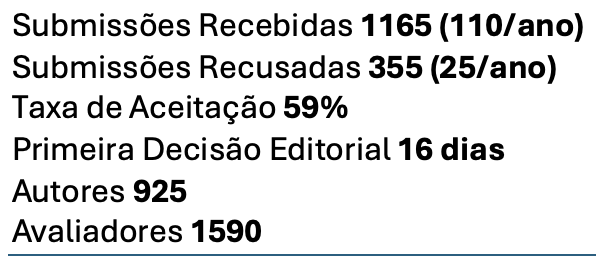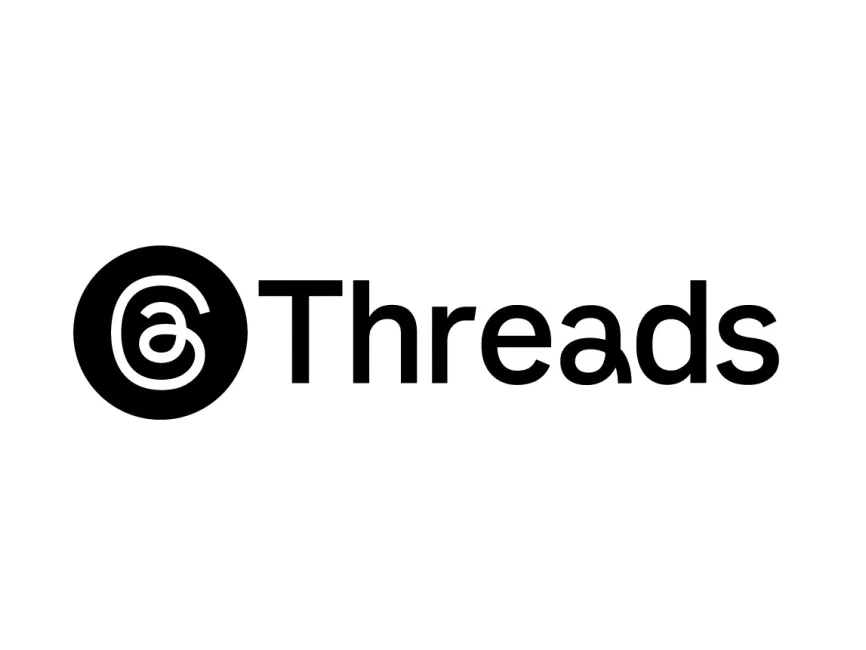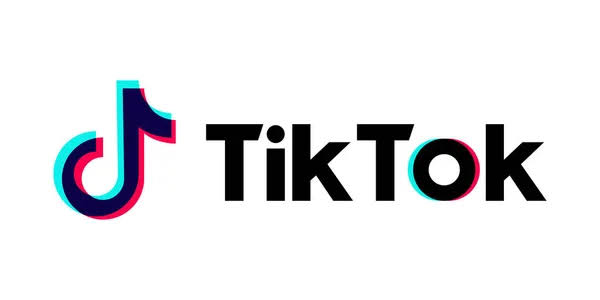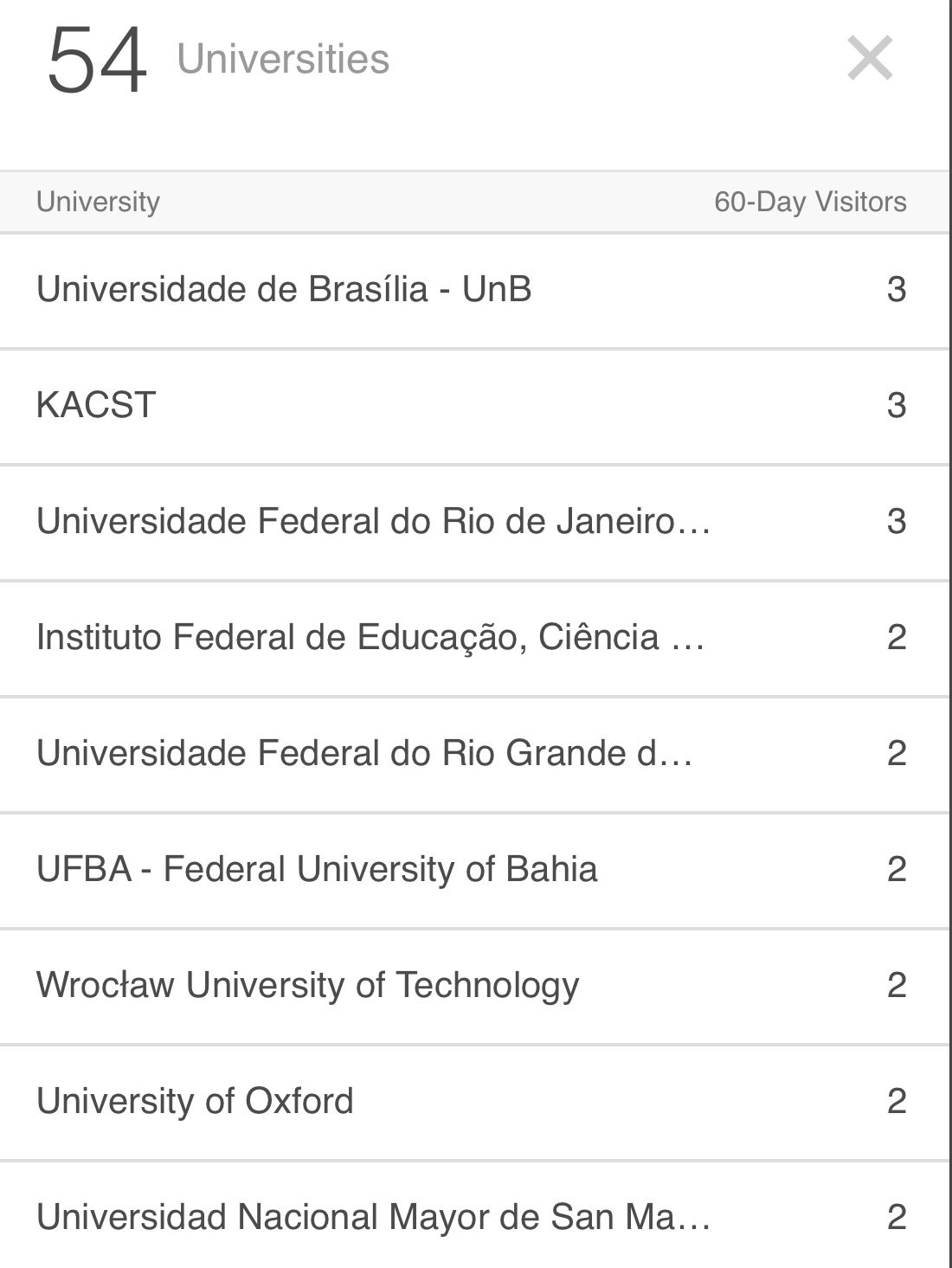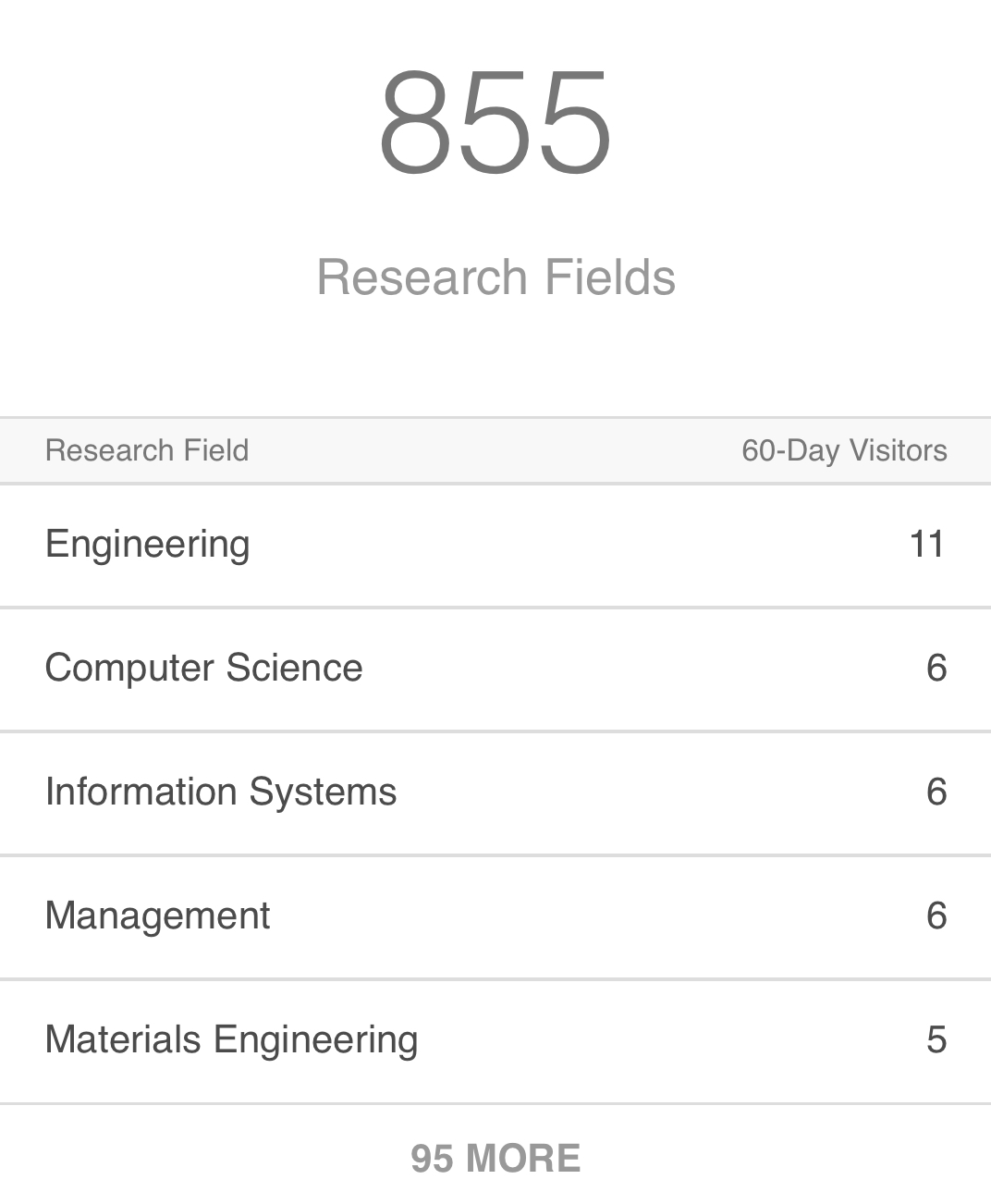Estudo sobre a visão do corpo discente quanto às novas metodologias de ensino para os cursos de engenharias da UniSales
DOI:
https://doi.org/10.47456/bjpe.v7i4.36269Palavras-chave:
PBL, Interação, Conhecimentos Acadêmicos, Vivências Práticas, Implementação, Formação CríticaResumo
Atualmente pensa-se e se discute muito sobre as novas metodologias de ensino estando elas nas diferentes etapas da educação básica, para que se aprimorem nos alunos: a aquisição dos conhecimentos, a interação e a integração desses conhecimentos com as situações reais de trabalho, onde se aplicam de forma mais assertiva esses conhecimentos, além do afloramento do protagonismo, autoconfiança, empatia e solidariedade e sustentabilidade, ressaltando também todas as demais habilidades e competências que o mercado profissional demanda. Mas, ao mesmo tempo que isso tudo seja instigante e atraente para todo corpo acadêmico, principalmente para corpo discente, é muito assustador e desafiador, pois é tudo novo e diferente do método tradicional de ensino que está sendo utilizado desde o início do processo de transmissão de conhecimento. Tanto para nós, os professores, os alunos, quanto para as instituições, ocorrem dificuldades para adaptação da metodologia tradicional para as novas metodologias. Logo, a proposta deste trabalho é avaliar o sentimento do corpo discente frente à todas mudanças propostas para o sistema de ensino. Foram realizados questionamentos aos estudantes, através de uma pesquisa on line com estes, verificando de forma detalhada, as expectativas, as dúvidas e outras informações quanto a mudança para as novas metodologias de ensino. Os resultados estatísticos mostraram que os estudantes estão cientes que as mudanças são pertinentes em função das novas demandas do mercado, mas conclui-se que ainda se sentem receosos de como estas mudanças estão ocorrendo e se as instituições, o corpo docente e eles próprios estão preparados para tal.
Downloads
Referências
Borges, T. S. & Alencar, G. (2014). Metodologias Ativas Na Promoção Da Formação Crítica Do Estudante: O Uso Das Metodologias Ativas Como Recurso Didático Na Formação Crítica Do Estudante Do Ensino Superior. Cairu em Revista. 3(4), 19-143 , ISSN 22377719.
Ferreira, R. S. (1999). Tendências curriculares na formação do engenheiro do ano 2002. In Linsingen, I. von et al. Formação do engenheiro. Florianópolis: EDUFSC. 9,p. 129-142.
Freire, P. (1996). Pedagogia do Oprimido. São Paulo, Editora Paz e Terra.
Freire, P. (2007). Pedagogia da Autonomia. São Paulo, Editora Paz e Terra.
Libaneo. J. C. (2020). O ensino de graduação na universidade: a aula universitária. Recuperado de www.ucg.br/site_docente/edu/libaneo/pdf/ensino.pdf
Macedo, R. J., Duarte, M. A., & Teixeira, N. G. (2012). Novas Metodologias de Ensino e Aprendizagem Aplicadas ao Curso de Engenharia Elétrica: O Foco do Ensino No Século XXI. Artigo COBENGE 2012
Mercado, L. P. L. (2002). Novas tecnologias na educação: reflexões sobre a prática. UFAL, 207p.
Ramos, A., Delgado, F., Afonso, P., Cruchinho, A., Pereira, P., Sapeta, P., & Ramos, G. (2003). Implementação de novas práticas pedagógicas no ensino superior. artigo. Revista Portuguesa de Educação, 26(1). ISSN 0871-9187.
Ribeiro, L. R. C. et al., (2003). Uma experiência com a PBL no ensino de engenharia sob a ótica dos alunos. São Paulo: COBENGE, 2003.
Simon, F. O., Sanches, C. G., Silva, D., Barros, J. F., Almeida, N., & Veraszto, E. V. (2003). Análise crítica da implementação de novas metodologias de ensino. Artigo COBENGE 2003.
Downloads
Publicado
Edição
Seção
Licença
Copyright (c) 2021 Miriam Aparecida Ignácio de Almeida, Flávio Lúcio Santos de Carvalho (Autor)

Este trabalho está licenciado sob uma licença Creative Commons Attribution 4.0 International License.

Todos os trabalhos publicados na Brazilian Journal of Production Engineering (BJPE) estão licenciados sob a Creative Commons Atribuição 4.0 Internacional (CC BY 4.0).
Isso significa que:
-
Qualquer pessoa pode copiar, distribuir, exibir, adaptar, remixar e até utilizar comercialmente os conteúdos publicados na revista;
-
Desde que sejam atribuídos os devidos créditos aos autores e à BJPE como fonte original;
-
Não é exigida permissão adicional para reutilização, desde que respeitados os termos da licença.
Esta política está em conformidade com os princípios do acesso aberto, promovendo a ampla disseminação do conhecimento científico.



2.png)
